composting
gardenmaker79
18 years ago
Related Stories

GARDENING GUIDESGet on a Composting Kick (Hello, Free Fertilizer!)
Quit shelling out for pricey substitutes that aren’t even as good. Here’s how to give your soil the best while lightening your trash load
Full Story
GARDENING GUIDESHouzz TV: Make a Worm Bin for Rich Soil and Happy Plants
A worm-powered compost bin that can fit under a sink turns food scraps into a powerful amendment for your garden. Here’s how to make one
Full Story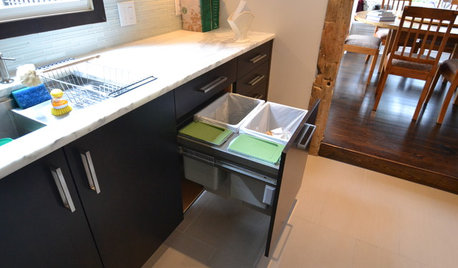
SHOP HOUZZShop Houzz: 4 Ways to Show You Really Love Our Planet
Compost, recycle and save water and energy with these earth-loving picks
Full Story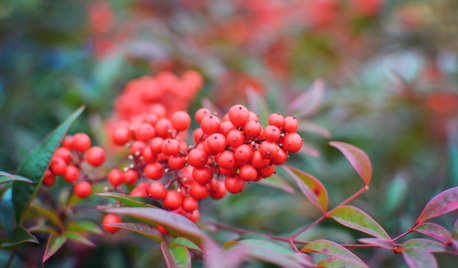
GARDENING GUIDESMid-Atlantic Gardener's January Checklist
Scatter berries while ye may, be kind to your fair-feathered friends and try a time-saving compost trick that will keep you out of the cold
Full Story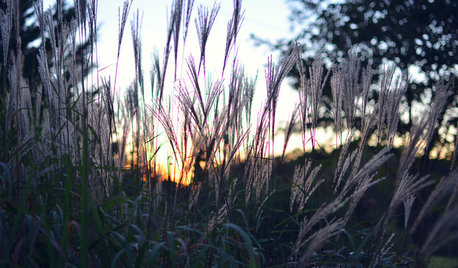
GARDENING GUIDESMid-Atlantic Gardener's November Checklist
Winding down for winter means prepping, potting, piling and picking an indoor solution for daily compost
Full Story0
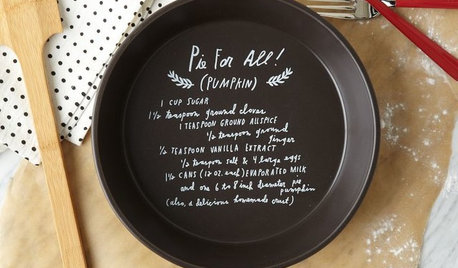
PRODUCT PICKSGuest Picks: Fall Entertaining Favorites
Make autumn feasts a piece of cake with chic compostable plates, pretty glasses, pie accessories and more
Full Story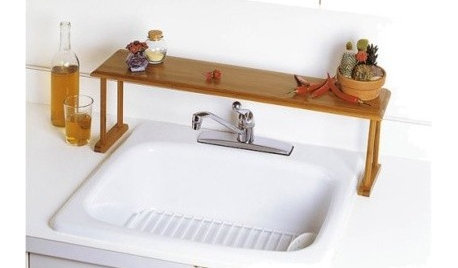
KITCHEN DESIGNGuest Picks: Organizing Your Kitchen for the New Year
Resolve to find a place for plastic bags, compost and piles of dishes to declutter your kitchen
Full Story
FALL GARDENING5 Ways to Put Fall Leaves to Work in Your Garden
Improve your soil and yard the organic way with a valuable garden booster that grows on trees
Full Story
GARDENING GUIDESGardening Solutions for Heavy Clay Soils
What’s a gardener to do with soil that’s easily compacted and has poor drainage? Find out here
Full Story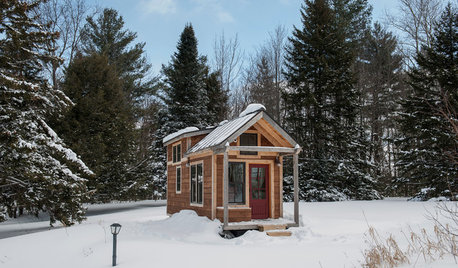
TINY HOUSESHouzz Tour: A Custom-Made Tiny House for Skiing and Hiking
Ethan Waldman quit his job, left his large house and spent $42,000 to build a 200-square-foot home that costs him $100 a month to live in
Full StorySponsored
More Discussions






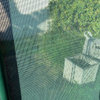
napapen
oscarthecat
Related Professionals
Camas Landscape Architects & Landscape Designers · Waunakee Landscape Architects & Landscape Designers · Newcastle Landscape Architects & Landscape Designers · Canyon Lake Landscape Contractors · Chesapeake Ranch Estates Landscape Contractors · Cornelius Landscape Contractors · North Haven Landscape Contractors · Parker Landscape Contractors · Hainesport General Contractors · Converse General Contractors · Solon General Contractors · Troutdale General Contractors · Boston Siding & Exteriors · Riverside Siding & Exteriors · South Barrington Siding & Exteriorsironbelly1
napapen
gardener_sandy
blueheron
ironbelly1
gardenmaker79Original Author
eddie_ga_7a
calistoga_al ca 15 usda 9
ironbelly1
gardenmaker79Original Author